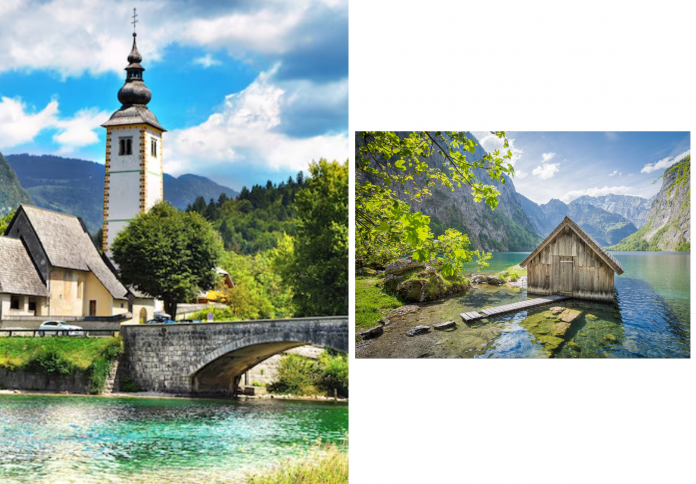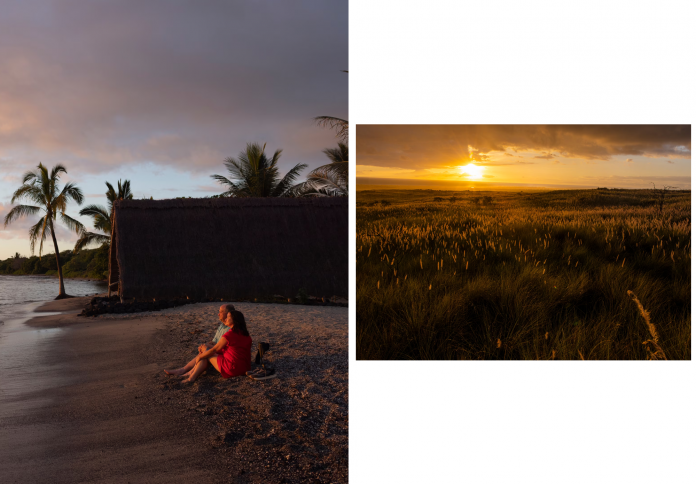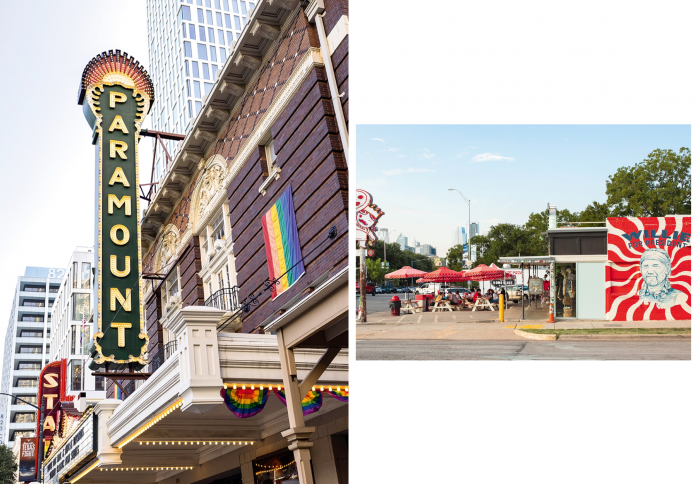Far from the bustle of coastal resorts and capital cities, Europe’s lakes invite a different kind of travel — slower, more meditative, attuned to nature and myth. These five bodies of water, from the Alpine spine to volcanic craters, promise more than scenery. They offer stories, silence, and a sense of time stretching long beyond our own.
Lake Bohinj, Slovenia: Where reflection becomes ritual
Overshadowed by its flashier neighbor Lake Bled, Bohinj is Slovenia’s best-kept secret. Tucked in Triglav National Park, the country’s only national park, it is glacier-fed and mirror-still — the kind of place where silence settles on your shoulders like a shawl. Surrounded by dense forests and the Julian Alps, it feels almost prelapsarian, a pre-tourism Eden.
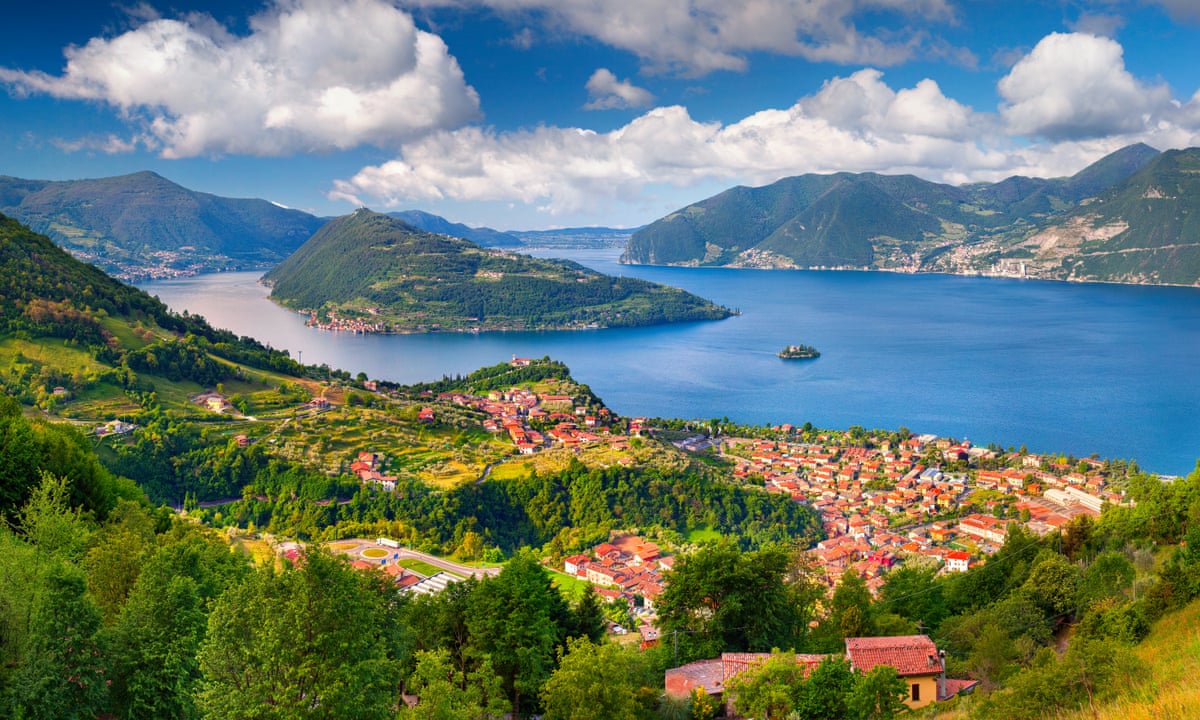
Bohinj isn’t about spectacle; it’s about surrender. Whether you take the circular hike that fringes the water or simply sit by the stone pier near Ribčev Laz, the reward is slowness. The lake resists urgency. Here, people come to row rather than race, to sketch rather than selfie. It’s a place to practice the art of staying.
Lake Resia, Italy: A steeple in the flood
On the surface, Lake Resia (Reschensee in German) is a placid reservoir at the meeting point of Italy, Austria, and Switzerland. But pierce the surface and a story of loss and resilience emerges. The lake, created by a dam in the 1950s, submerged the village of Curon — all but its church tower, which still juts ghostlike from the water.
![]()
The lone belltower has become a surreal icon, drawing visitors year-round. In summer, it rises like a monolith from the glassy blue; in winter, when the lake freezes, people walk out to touch its stone. Yet beyond its visual punch, Lake Resia tells a deeper story: of dislocation, memory, and the human cost of progress. It is a monument not just to beauty, but to what beauty sometimes buries.
Lake Orta, Italy: The spiritual twin of Como
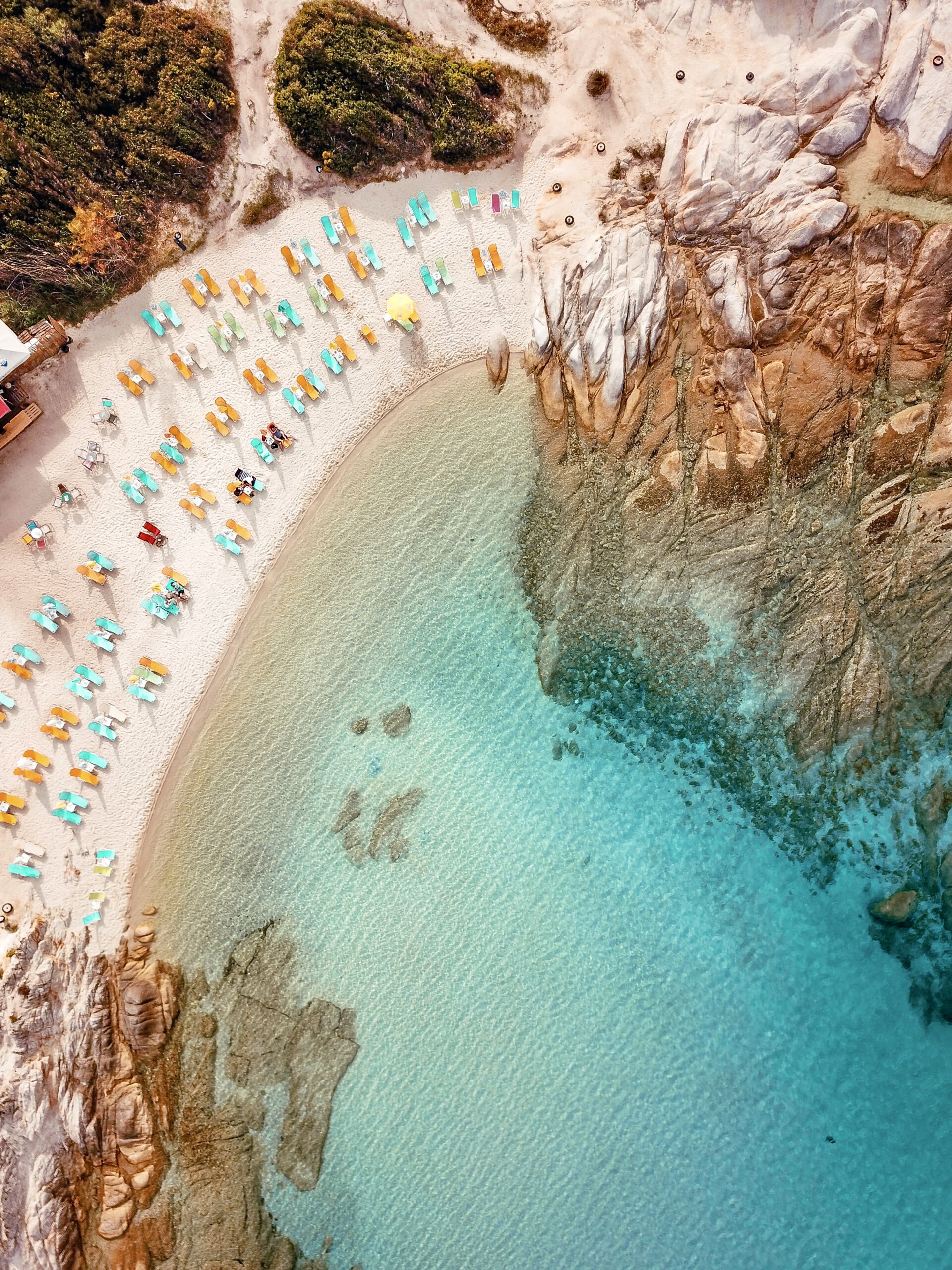
Italy’s Lake Como gets the fame, but Lake Orta — smaller, quieter, and edged with baroque chapels — often leaves a more lasting imprint. Framed by chestnut forests and pastel-toned towns like Orta San Giulio, the lake exudes an intimate charm that once captivated Nietzsche and Balzac.
At its heart lies Isola San Giulio, a tiny island where the whispers of Benedictine nuns float over stone cloisters. Visitors ferry across to walk the “Way of Silence,” a path studded with plaques bearing meditative prompts. Everything here seems tuned to a quieter frequency — meals linger, footsteps echo, and the lake holds both the past and the present in its stillness.
Lake Pavin, France: A volcano’s quiet breath
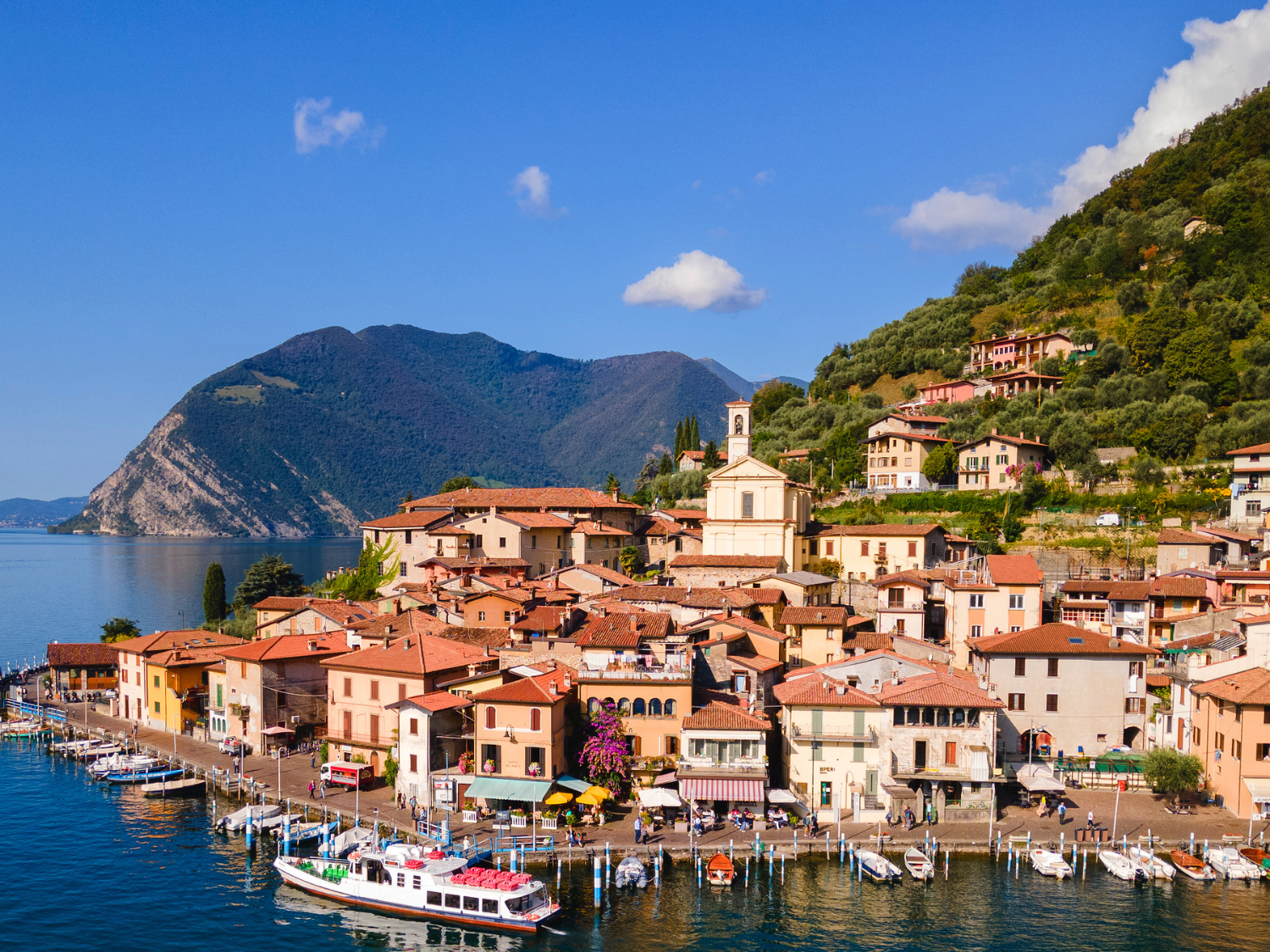
Shrouded in mist and myth, Lake Pavin in France’s Auvergne region is no ordinary lake — it’s a flooded volcanic crater, born of eruption and silence. At 92 meters deep, its nearly circular surface can appear unnaturally calm, like a sealed lid over some deeper mystery.
Locals speak of legends: a cursed village swallowed whole, or a dragon slumbering below. Scientists, more soberly, monitor its meromictic structure — layers of water that don’t mix, preserving ancient life forms and gases. Hikers skirt its rim, watching clouds drift across the water like ink stains. Lake Pavin is less a place to swim than to contemplate, a breathing relic from the earth’s unrulier past.
Lake Skadar, Montenegro and Albania: Where water meets wilderness
Straddling the border of Montenegro and Albania, Lake Skadar is southern Europe’s largest lake — and one of its wildest. Reeds, lilies, and floating carpets of algae form a vast aquatic labyrinth. It’s a birder’s paradise, home to Dalmatian pelicans, pygmy cormorants, and more than 280 other species.
![]()
But what truly sets Skadar apart is its feeling of raw, uncurated nature. Traditional fishing villages dot the shores, monasteries rise from rocky islets, and narrow channels wind through what feels like an undiscovered delta. You can explore by boat, bike, or foot, often without another traveler in sight.
Lake Skadar is a reminder that Europe’s soul isn’t only in its cities or museums. Sometimes it’s in the hush of reeds brushing water, or the echo of wings over morning fog — where the continent dreams, not loudly, but deeply.
